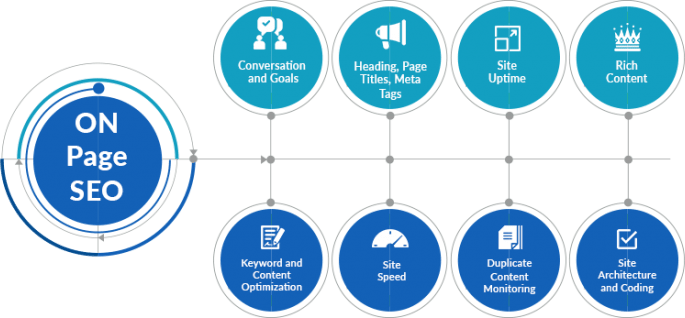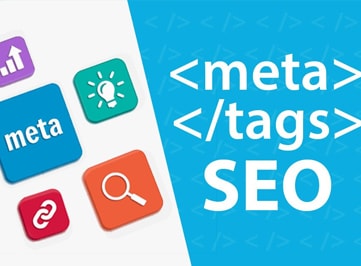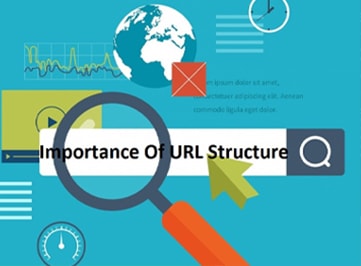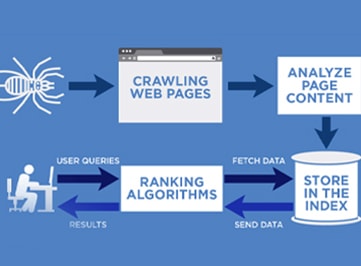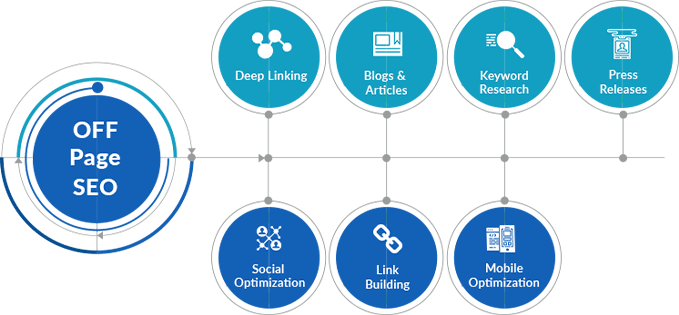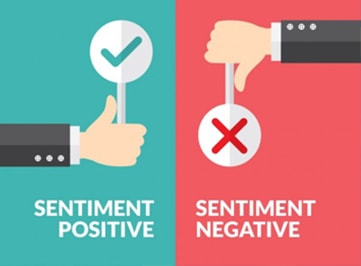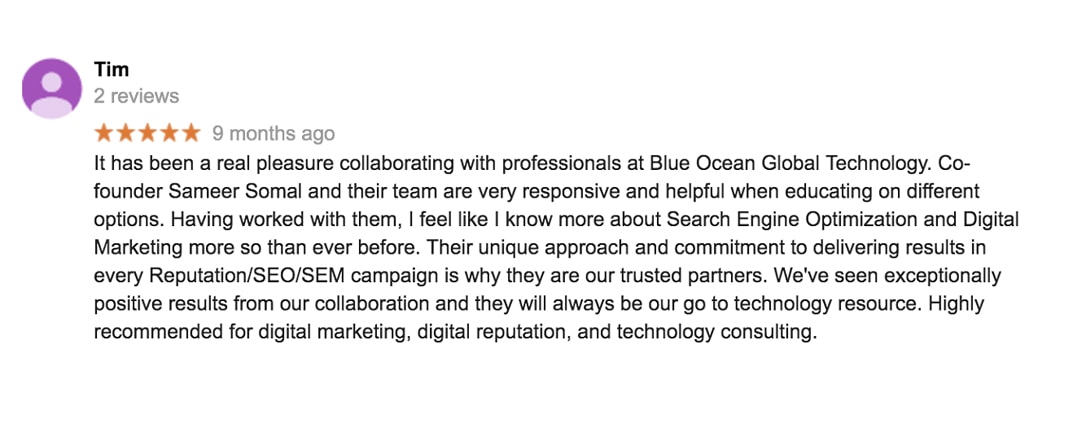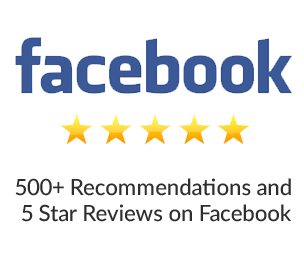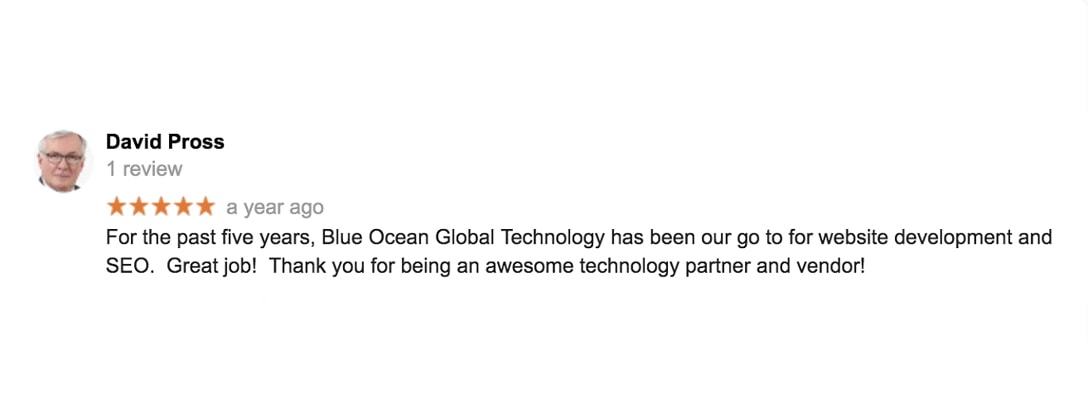- What is Search Engine Optimization (SEO) and how does it work?
SEO stands for search engine optimization. It is the process by which an entity (e.g., a website, person, business, or institution) engages in specific practices to change or improve its ranking on the Search Engine Results Pages (SERPs) of internet search engines. The most common search engines targeted for SEO are Google, Bing, Yahoo, and DuckDuckGo. SEO methods are customized for each search engine and the needs of individual parties.
There are ethical ways of performing SEO that stay within the bounds and rules of search engines, such as developing high-quality content associated with a person or business that achieves high rankings through its own merits. By contrast, “black hat” SEO techniques use less ethical means of improving search rankings, such as fake websites, manipulative website information, keyword bombing, and other tactics that search engines will punish with low rankings if detected.
- How does SEO work, step by step?
The specific needs of each client dictate the ways in which SEO techniques are employed, but certain steps apply in most cases.
First, an SEO audit is conducted. This in-depth review will allow a company or an outside SEO consultant to inventory and explore a company’s current SEO standings with the major search engines. This will reveal areas where the company can easily improve, and where more work will be needed to improve its standing on search engine results pages. These tasks often involve keyword analysis, website management and organization, and other SEO improvement basics.
Second, multiple techniques are employed to remove or push down negative content or to replace it with positive content that ranks higher in search results. For removal, methods include contacting the hosting website or provider of the negative content and asking for the content to be updated or deleted. For positive content, strategies include publishing high-quality content that can backlink to the original site; connecting real, authentic social media accounts; and optimizing the person’s or business’s website to be search engine friendly. Search engine rankings can be addressed correctly in many different ways.
Finally, the slow progress of improving rankings is continuously monitored over long periods of time—usually months, and sometimes years. Because of the viral nature of the internet, negative content can emerge seemingly out of nowhere, as the result of someone sharing news on a popular social media account.
- What are Search Engine Optimization (SEO) tools?
SEO tools are programs, software, and other applications that can be used to make websites search-engine friendly, increase the visibility of content, and generally improve a site’s ranking on Google, Bing, or another major search engine. Many of these tools can be used for optimization to ensure, for example, that Google’s web crawlers not only see a site but also recognize that it is filled with high-quality, well-made content.
Monitoring tools such as Google Alerts help you keep up with newly published content that includes specific keywords. As a result, you can react quickly to breaking news or information that could help or harm your search engine rankings.
Some SEO devices are as simple as a grammar and spellcheck tools for articles and webpages. Many search engines will include the quality of content as a factor in their rankings, with “quality” including elements such as proper grammar, correct spelling, good formatting, and other small factors that contribute positively to a site overall.
- How many types of SEO are there?
SEO types can be divided into a few general categories, which can overlap to varying degrees. “White hat” SEO involves optimization techniques that are approved by a search engine’s guidelines. “Black hat” SEO uses manipulative techniques and rule loopholes that are often ethically questionable to force higher rankings on SERPs. Search engines are becoming better and better at rewarding white hat SEO and recognizing and punishing black hat SEO, which typically works only over a very short term. Akin to black hat SEO, “negative” SEO seeks to lower competitors’ Search Engine Results Page (SERP) rankings, letting other website properties take the place of previously highly ranked pages.
“On-page” SEO seeks to directly optimize a website or page to improve its recognition and rankings, while “off-page” SEO uses tactics such as backlinks, social media sharing, and other indirect networking to improve another site’s rankings. “Technical” SEO is similar to optimization, except that it appeals directly to a search engine’s web crawlers. Technical SEO often involves overhauls to a site’s structure and data so that the site can be easily read by a search engine, which therefore improves its ranking.
- What are the best SEO strategies?
The best SEO strategies are customized to the needs of the individual or business looking to improve their Search Engine Results Page (SERP) rankings. For example, a business with little to no social media presence can create authentic accounts on multiple social media sites that publish good, interesting content, boosting the business’s online visibility, which in turn leads to better search rankings. A company might issue press releases or other content itself, while an individual might have to employ other techniques (e.g., interviews, social media efforts, creating their own website) to boost their search results.
Continuous effort must be put into any SEO strategy for it to be effective, thanks to the ever-changing nature of both search engine algorithms and the internet itself. The best and most effective SEO strategies are often long term, varied, and relentless. Therefore, beware of any consultant who promises quick jumps in SEO rankings. Such consultants often use unethical techniques that work only in the short term, and the type of SEO they employ is often punished by search engines, which only makes things worse for the client in the long run. The client sees their rankings eventually plummet, and they will have fewer options for improvement in the future because they are now on the search engines’ radar.
- How many SEO keywords should I use?
The number of SEO keywords you should use depends on your goals and resources available. But the key is not really the number of keywords used but how they are used. Keywords should be included based on each individual piece of content on a site rather than throughout a website as a whole. Search engines associate this approach with higher-quality content and therefore consider it more valuable when ranking.
Additionally, each piece of content should be unique with differentiated keywords. Publishing the same information with only slight variations and the same keywords won’t have much of an effect on rankings. Keywords need to be highly specific to the content being created. For example, just having “SEO” as a keyword in a piece of content dooms it to drown in an ocean of other articles about SEO. Be precise with your keywords, and search for them on Google beforehand to find combinations that will not produce an overwhelming amount of competition.
A positive reputation is a valuable asset. You deserve to be in control of what the internet says about you or your brand. We specialize in building, monitoring, and protecting digital reputations. Schedule time with our team to audit your existing digital presence and find ways to elevate and enhance your online impression.







